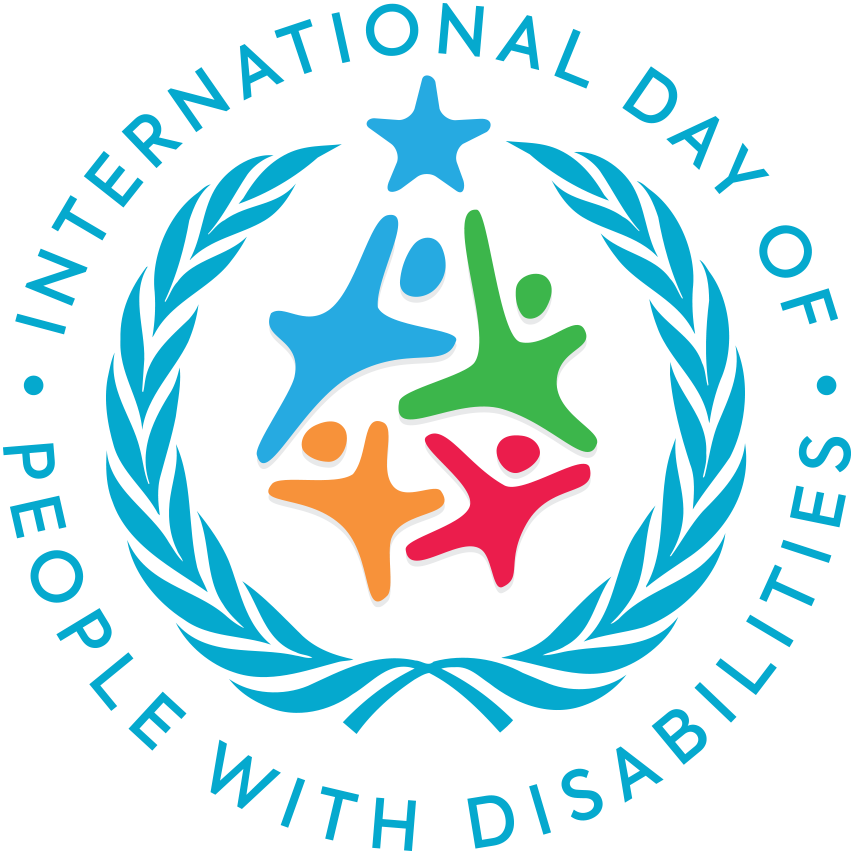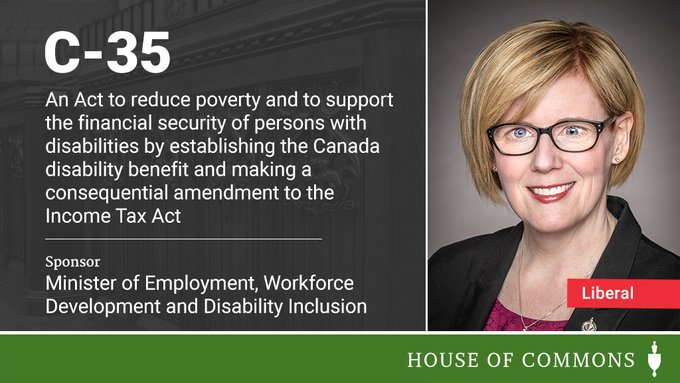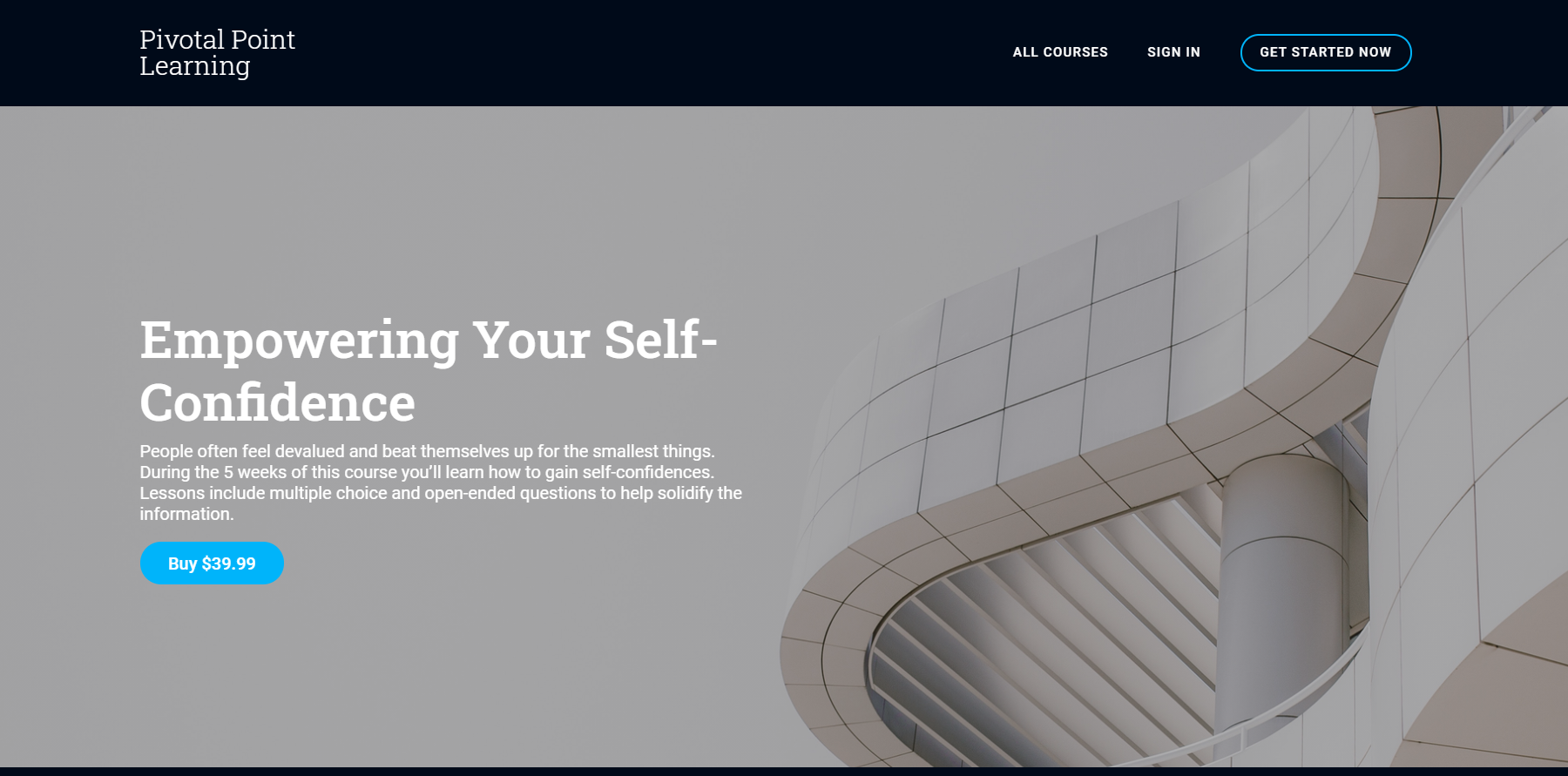
[responsivevoice_button voice=”US English Female” buttontext=”Listen to Post”]
In the “After Covid” world everyone has now experienced some type of isolation or barrier to participating in activities. These barriers have always been a daily reality for disabled people but each of us now have a personal understanding of what that means and what it feels like to be unable to do the things that we considered “normal.” We need to take this new understanding and use it to inspire each other to build a world where isolation does not exist and inclusion is second nature.
The fact that the Covid-19 pandemic has had a disproportionate effect on disabled people has been well-documented and frequently discussed. There are numerous statistics about how having a disability resulted in a significantly higher risk of death from a Covid-19 infection and a wide variety of reasons about why that is the case.
An important part of the discussion that I haven’t seen addressed very often outside of disability-centered community conversations is the small ways that disabled people have had to fight for their right to inclusion to be recognized and respected. Changes to make something accessible to everyone are frequently so small they are completely over-looked.
There are so many spaces that are not physically accessible to people with mobility issues, hearing impairment and vision problems. Disabled folks who don’t have mobility issues still encounter non-physical barriers. When most people hear about “accessibility” they almost always assume it’s about the physical world, specifically about doors that open automatically, ramps for mobility issues and bigger toilet stalls.
With the pandemic increasing the need for everyone to be able to access work and community while maintaining physical distance, online spaces have become an integral part of our daily activities. This has allowed for people, including disabled people, to remotely participate in things they may not have otherwise had access to with gathering restrictions and lockdowns in effect.
It has also presented challenges to disabled people who find parts of online life often inaccessible. Accessibility continues to be elusive in a world that is not designed with everyone in mind.
During the pandemic, it has become increasingly clear that the fight for disability rights is more than just ensuring spaces are physically accessible. We have all become intimately familiar with how isolating and damaging it can be to be unable to participate in things we think of as part of daily life. We need to consider that this is how people with disabilities feel on an almost daily basis. Both the physical world and the virtual world have been created in a way the takes a “one-size-fits-all” approach to accessibility but with the vast diversity of bodies “one-size-fits-all” is simply just not true.
When we look at how inaccessible the world can be, it gets overwhelming but if we consider the small changes we can make online and off, the world will become more accessible. It’s important to include a wide variety of people in our accessibility plans for both physical and non-physical spaces. Disabled people continue to fight for the very basic right of being included in society. Accommodation and accessibility are a key factor in inclusion.
How can we start making small changes to make the world, both physical and virtual, more accessible and inclusive? The easiest place to start is to simply observe. Being aware of the world around us, speaking to the people around us, noticing how we and other people interact with the life are an invaluable starting place. This can be difficult online, as the only thing we can “observe” is an inanimate screen most of the time but the online communities we already interact with still function similarly to the offline world. There is almost always a person behind that screen on the other end and if we remember that we will be able to start thinking about how they interact with their online environment. That will lead us to thinking and talking about to make those interactions accessible for and inclusive to everyone.




